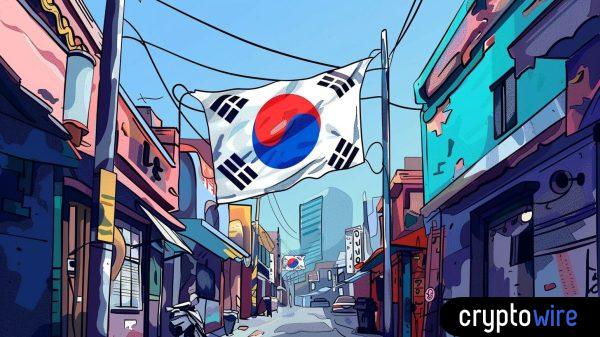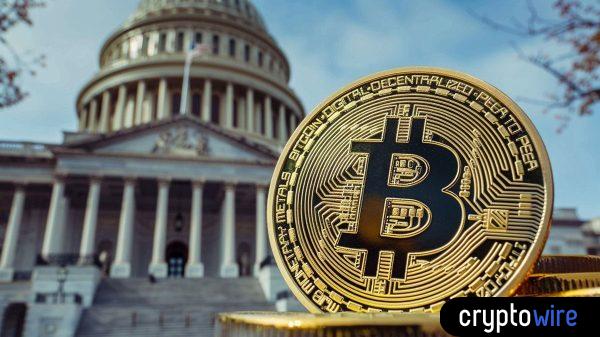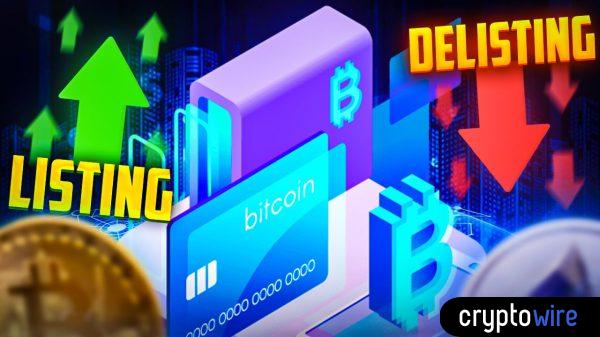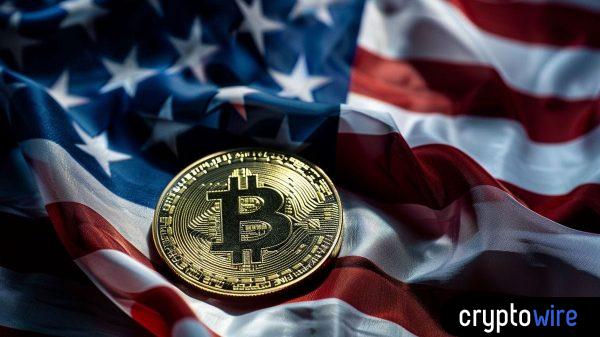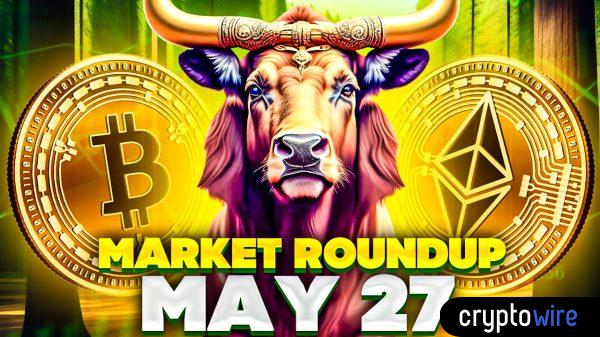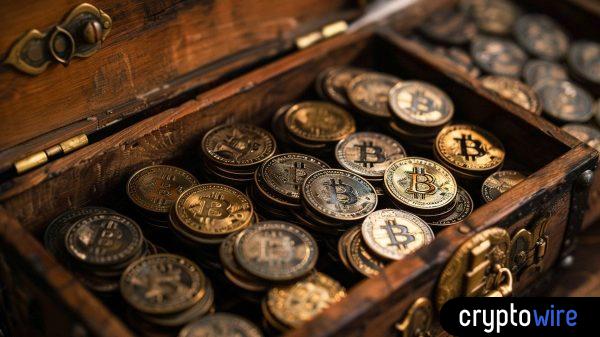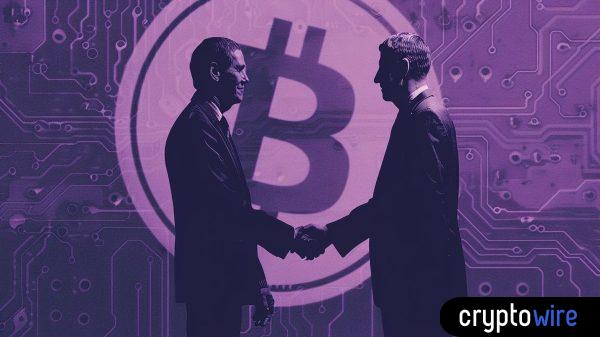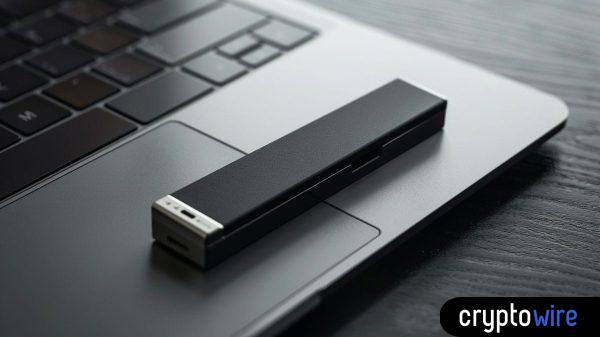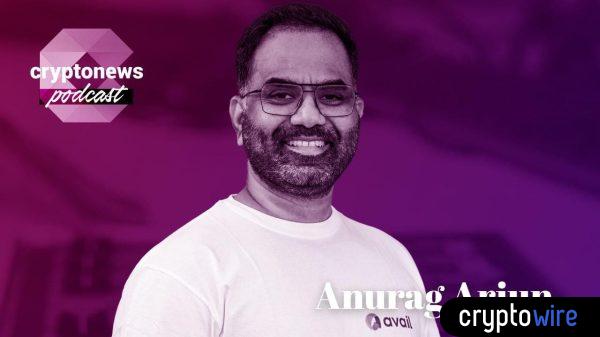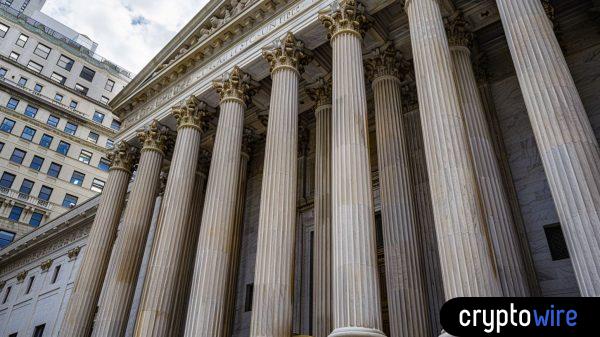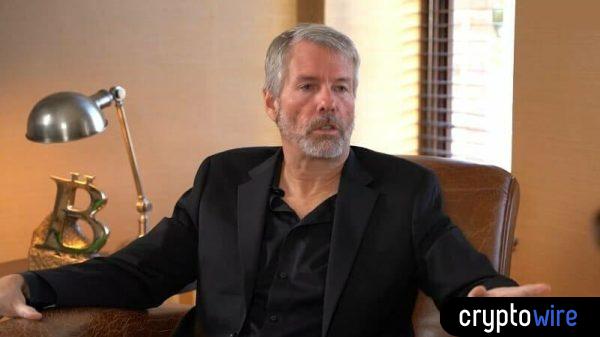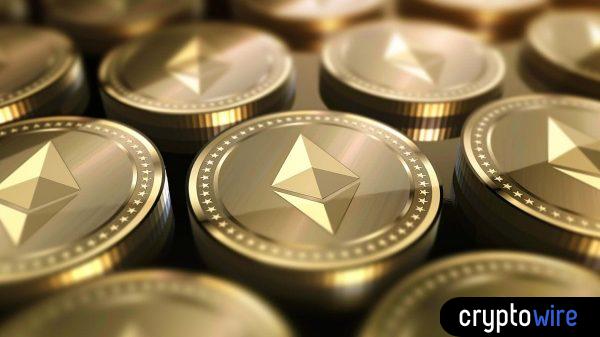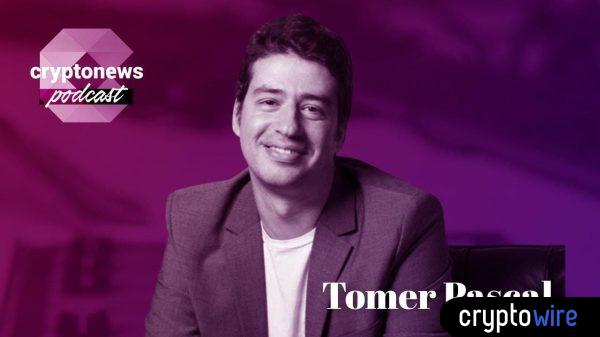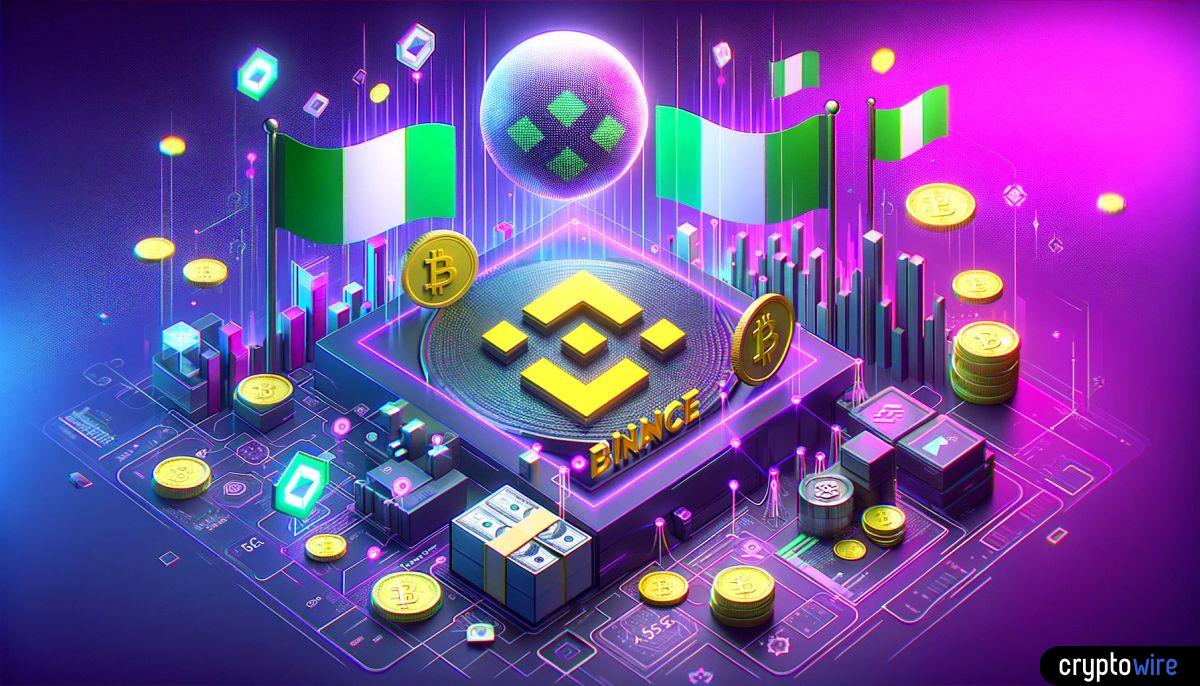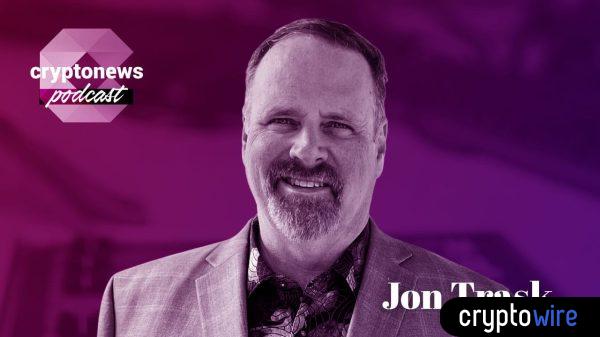📰 Table Of Contents
- 1 Binance Implements Price Cap on Tether Tokens in Nigeria
- 1.1 Collaboration with Nigerian Authorities
- 1.2 Functionality of Binance’s P2P Platform
- 1.3 Consequences of Price Cap
- 1.4 Nigeria’s Efforts to Combat Forex Speculation
- 1.5 Nigeria’s Regulatory Stance on Binance
- 1.6 The Impact of Regulatory Changes in Nigeria
- 1.7 Nigeria’s Growing Crypto Market
- 1.8 Crypto Awareness in Nigeria
Binance Implements Price Cap on Tether Tokens in Nigeria
Binance has recently introduced a price cap for Tether (USDT) tokens on its peer-to-peer (P2P) platform in Nigeria to adhere to local regulatory requirements.
Traders on Binance’s P2P platform are currently restricted from selling USDT above the set cap of 1,802 naira per USDT.
Collaboration with Nigerian Authorities
In a recent blog post, Binance stated that they are working closely with Nigerian authorities, which prompted the decision to implement the price cap. They emphasized the importance of acting on non-compliance as industry leaders.
Functionality of Binance’s P2P Platform
Binance’s P2P platform allows users to directly buy and sell cryptocurrencies for fiat currency with other users, providing a convenient trading avenue.
Consequences of Price Cap
As a result of the price cap, accounts belonging to traders attempting to sell USDT above the imposed limit were blocked. Consequently, some traders have sought alternative exchanges to freely trade USDT without such restrictions.
Nigeria’s Efforts to Combat Forex Speculation
The move by Binance aligns with the joint efforts of Nigeria’s Office of the National Security Adviser and the Central Bank of Nigeria (CBN) to combat forex speculation and address issues affecting the country’s economic stability. These efforts have been initiated in response to the significant role played by speculators, both domestic and international, in the depreciation of the Nigerian naira.
Nigeria’s Regulatory Stance on Binance
It is worth noting that the Nigerian Securities and Exchange Commission (SEC) issued a warning to local investors in July 2023 against using Binance, stating that Binance lacked the necessary licensing to operate in the country, deeming its operations illegal.
The Impact of Regulatory Changes in Nigeria
Nigeria currently holds the position as the largest P2P market globally, a status that emerged after the Central Bank of Nigeria banned institutions from conducting cryptocurrency transactions in 2021. However, in December 2023, a circular was sent to banks lifting the ban, allowing Nigerian banks to facilitate cryptocurrency transactions.
Nigeria’s Growing Crypto Market
Many Nigerians encounter difficulties when conducting foreign exchange transactions through traditional banking and Bureau de Change channels. The higher fees associated with transferring foreign currency within the banking system compared to the crypto market have made P2P transfers more appealing to individuals seeking cost-effective alternatives.
Crypto Awareness in Nigeria
A recent survey has revealed that Nigeria is the most crypto-savvy nation ahead of the United States and European countries, with 99% crypto awareness and 70% understanding the value, operations, and fundamentals of blockchain technology.
Ian is a cryptocurrency enthusiast blending humor with professionalism. With an engineering background and a storyteller's heart, he simplifies the blockchain world with sharp analysis and a touch of wit. At Cryptowire, he brings his unique perspective to make digital financial innovation accessible to all.

